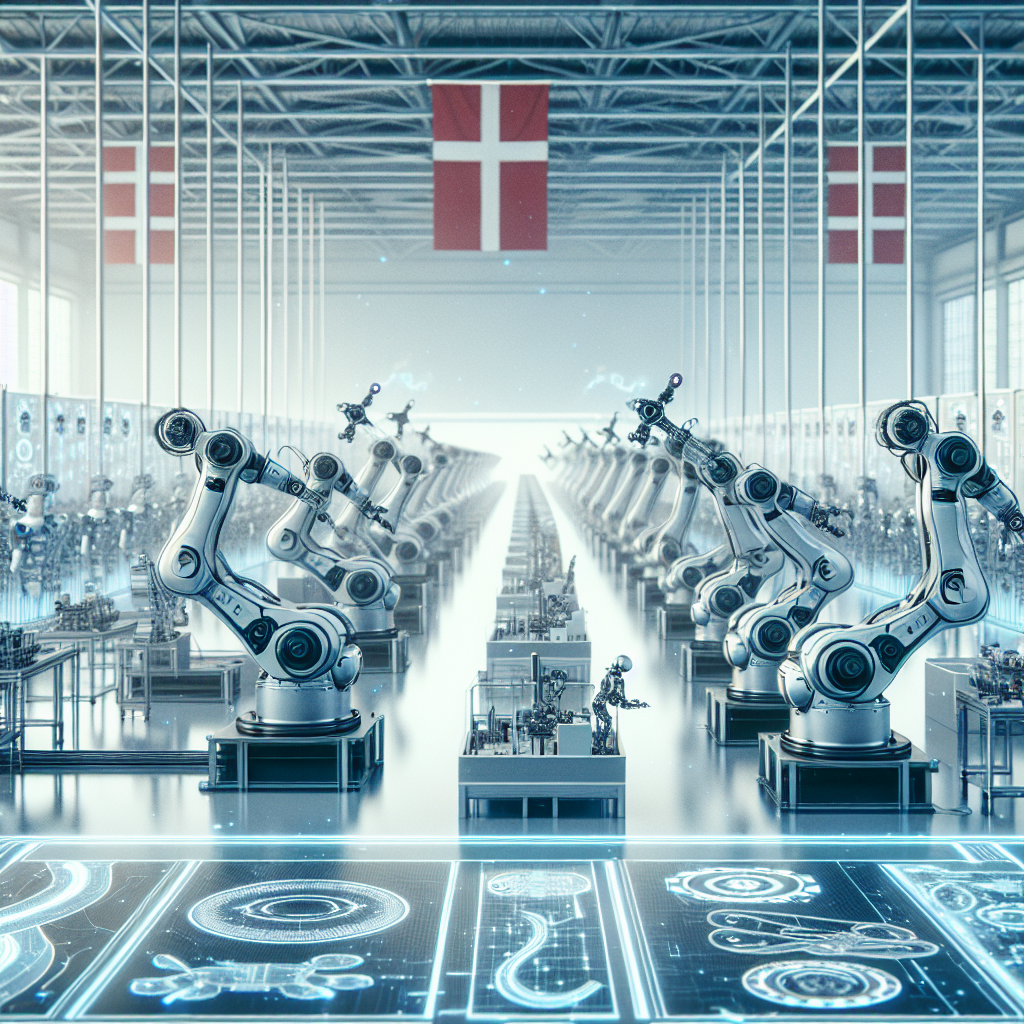The Rise of the Danish Robotics Industry
As a macroeconomist specializing in Nordic countries, I have always been fascinated by the innovative and dynamic nature of the Danish economy. In recent years, one sector that has been particularly exciting to watch is the robotics industry. Denmark has been at the forefront of robotics innovation, with a number of companies making significant contributions to the global robotics market. In this article, I will explore the factors driving the growth of the Danish robotics industry and the implications for the broader economy.
Historical Context
Denmark has a long history of technological innovation, dating back to the Viking era. In the modern era, the Danish government has been proactive in promoting research and development in the technology sector, providing generous funding and support for innovative start-ups. This has created a fertile environment for the growth of the robotics industry, attracting talent and investment from around the world.
Key Players
One of the most prominent companies driving the growth of the Danish robotics industry is Universal Robots. Founded in 2005, Universal Robots has become a global leader in the production of collaborative robots, or “cobot”. These are robots designed to work alongside humans in a wide range of industries, from manufacturing to healthcare. With a focus on flexibility and ease of use, Universal Robots has revolutionized the way robots are used in the workplace, helping businesses of all sizes improve productivity and efficiency.
Another key player in the Danish robotics industry is Mobile Industrial Robots (MiR). Founded in 2013, MiR specializes in the production of autonomous mobile robots for industrial settings. These robots are designed to transport goods and materials within a factory or warehouse, reducing the need for manual labor and streamlining the production process. With a focus on safety and adaptability, MiR’s robots have been embraced by manufacturers around the world.
Impact on the Economy
The success of companies like Universal Robots and Mobile Industrial Robots has had a ripple effect on the Danish economy. As these companies have grown, they have created a demand for skilled workers, driving job creation and economic growth. In addition, they have attracted interest from international investors, bringing capital into the country and further stimulating economic activity.
Furthermore, the success of the Danish robotics industry has elevated Denmark’s reputation as a hub for technological innovation. This has attracted talent from around the world, further enriching the country’s pool of skilled workers and fostering a culture of innovation and entrepreneurship.
Challenges and Opportunities
While the Danish robotics industry has seen impressive growth in recent years, it is not without its challenges. One of the main concerns is the potential impact on the labor market, as the automation of certain tasks could lead to job displacement. However, it is important to note that the rise of robotics also creates new opportunities for workers, particularly in the development and maintenance of robotic systems.
Furthermore, the Danish government has recognized the importance of preparing the workforce for the digital economy, investing in education and vocational training to ensure that workers have the skills needed to succeed in the evolving job market.
Future Outlook
Looking ahead, the Danish robotics industry is poised for continued growth and innovation. With ongoing investment in research and development, as well as a commitment to sustainability and ethical use of technology, Danish robotics companies are well positioned to lead the way in shaping the future of robotics.
As Denmark continues to harness the power of technology and innovation, the robotics industry will play a central role in driving economic growth and creating new opportunities for workers and businesses alike. With its strong foundation and forward-thinking approach, the Danish robotics industry is a shining example of the country’s commitment to embracing the future.





